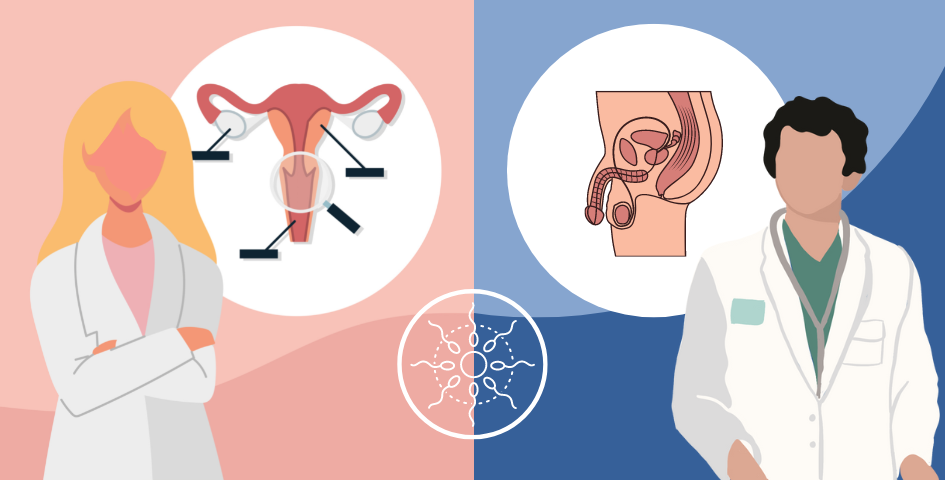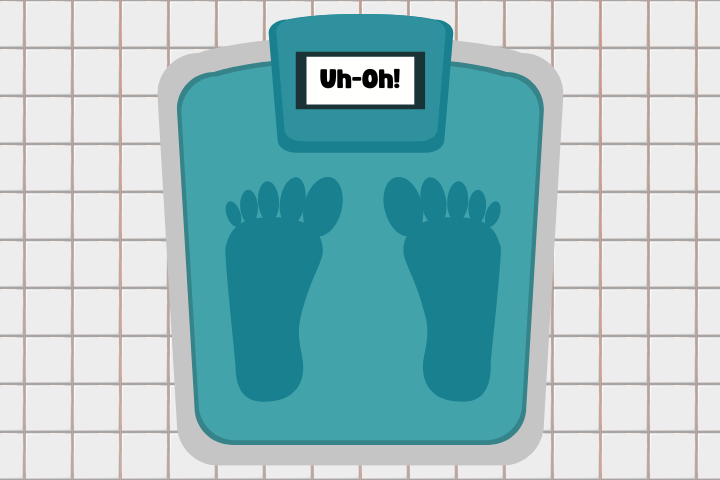Understanding your reproductive health is crucial to your overall health and wellbeing. Whether you are trying to conceive a baby or avoid a pregnancy, there are certain things you should know. How your fertility declines with age and important menstrual symptoms to look are just two examples. The greatest disempowerment anyone can experience is feeling a loss of control about their health due to a lack of knowledge.
Often, it takes years before women are diagnosed with common reproductive health issues, such as endometriosis and polycystic ovary syndrome (PCOS). Lack of knowledge only extends a women’s pain and suffering for years. In the worst cases, it can affect a woman’s ability to conceive her own biological children. Hence, there is a need for improved fertility education across all levels for everyone, including GPs and gynecologists. This ensures that they are up to date with recent scientific advances and best practices.
In addition, expanding the sexual/fertility education in high schools is one area that needs more attention. Currently, sex education taught in schools emphasizes contraception. This has helped reduce the rate of teenage pregnancies over the years. We can use the same argument to increase education on fertility and conception. Better sex education would empower both men and women to make better choices for their fertility because they will have more information and direction. Achieving this may require a whole generation, so we must start early.
 Prioritizing fertility education
Prioritizing fertility education
There are several reasons we need to prioritize fertility education for young people now.
Many people aged 30+ visit fertility clinics only to hear that they will need treatment to increase their chances of conceiving. Unfortunately, many people don’t realize that their fertility starts declining in their 30s. They believe their fertility potential is high until they are in their 40s (or beyond). This is the myth that the celebrity culture propagates because of the number of famous women conceiving in their 40s. In reality, most of these celebrities undergo fertility treatment, many times with donor eggs.
On average, fertility in women starts to decline in their early 30’s. Around age 35, the decline becomes very rapid. By age 40, fertility would have reduced by half. In other words, at the age of 30, the chance of getting pregnant per cycle is approximately 20%. By age 40, it has dropped to 5%, and by age 45, it’s only 1%. So, although it’s not inconceivable, the chance of getting pregnant naturally is very difficult for women in their mid-40s. Fertility in men also reduces with age, and the possibility of conceiving is also harder as they get older. But the decline in male fertility isn’t as drastic as in women.
Teaching teenagers about fertility allows them to protect their fertility better. They also learn the options available if they need help conceiving in the future. Many young people are unaware that certain lifestyle factors like extreme exercise, their diet, drug and alcohol consumption, and STIs affect their short- and long-term fertility. This current knowledge gap clearly has numerous consequences.
Take the Next Step - Schedule an Appointment
Consequences of not teaching fertility education
Starting late on your journey to parenthood can lead to frustration and disappointment. Women are often heartbroken and devastated. The frustration is usually around the premise that no one warned them or told them about it. This is why we need to start teaching fertility education in schools; to avoid future occurrences with the younger generation.
Our society also suffers as it affects the overall fertility rate in the country. A good birth rate is crucial to a country’s economic growth, especially with an aging population requiring support. Education empowers people to make informed choices – when to start a family, freezing their eggs or sperm, or going for fertility check-ups. While there’s no prescribed age for when someone should start their family, knowing reproductive facts will help individuals make informed decisions that affect their future.
Conclusion
The complexities of the menstrual cycle and hormone fluctuation throughout women’s reproductive years precedes a sharp decline in fertility that ends in menopause. The first step to changing the status quo is understanding biology and human fertility. Then, we determine what we must do with the knowledge.
People see healthcare practitioners because they want to improve their general health and wellbeing. Whether it’s an individual struggling with the symptoms of health conditions like PCOS or a couple trying to conceive, the goal is the same. Healthcare practitioners should serve to protect the long-term physical and mental health of their patients. For society, we must also strive to spread the knowledge of how fertility and the human body works. This will have a massively positive impact on the younger generation and will reduce any shock if diagnosed with infertility in the future.
Author Bio
Dennis Lodge is a freelance journalist, blogger and copywriter at proessaywriting.com, where he provides college paper help. He also writes unique and research-based content about careers, education, lifestyle and health.
If you would like to learn more about GENESIS Fertility New York or are ready to schedule an appointment, please speak with one of our representatives at 929-605-5467.






